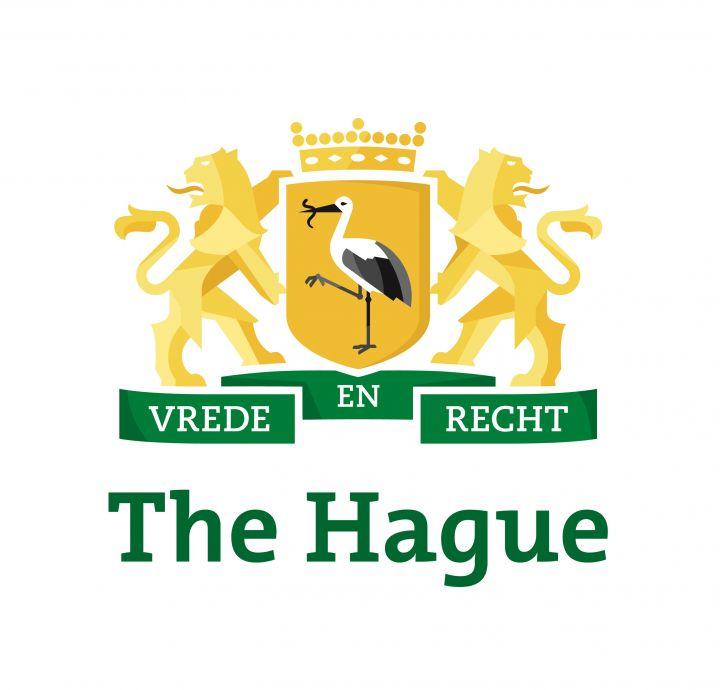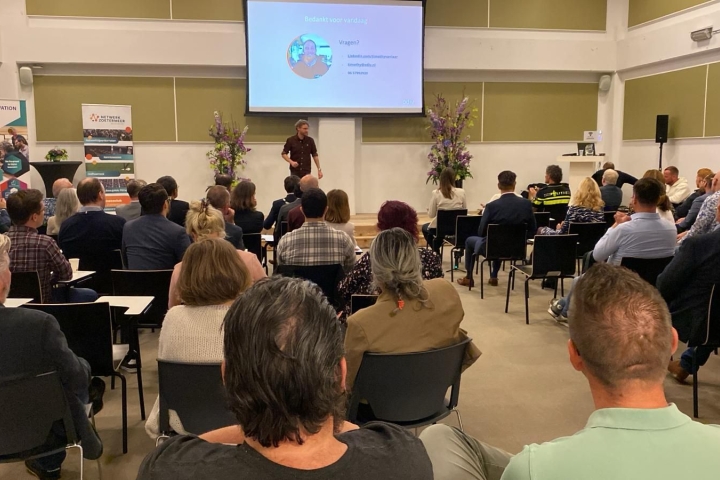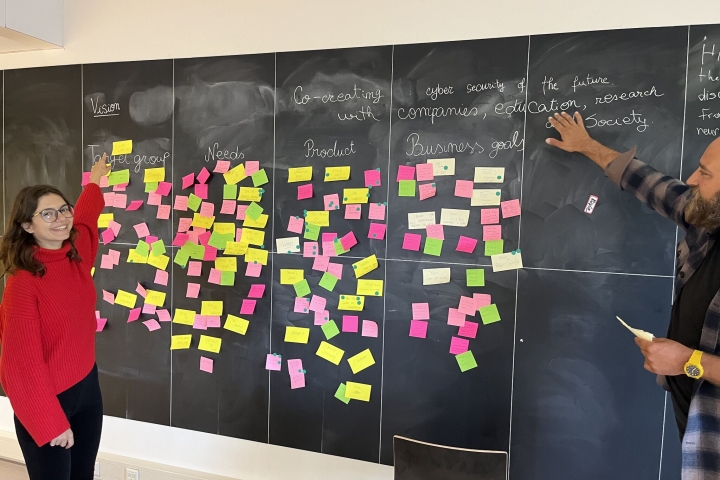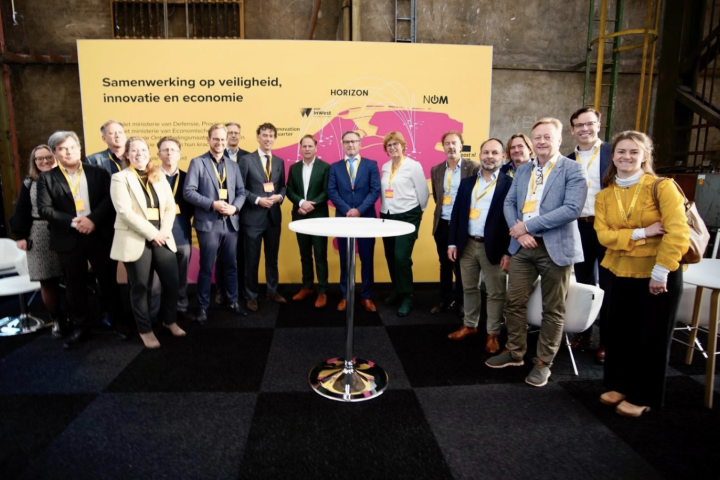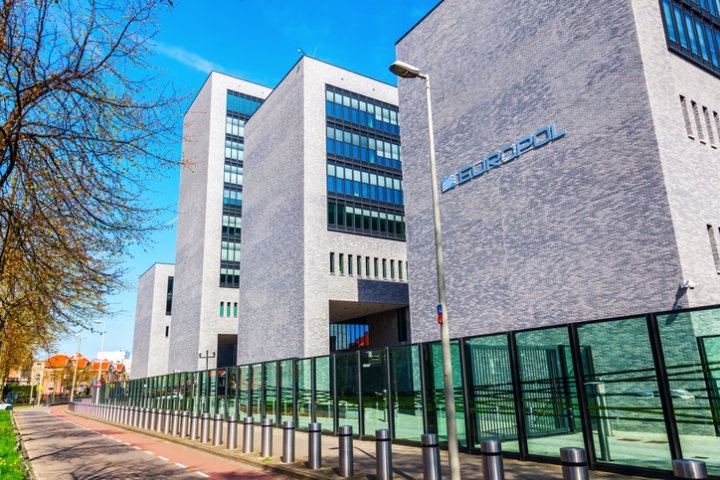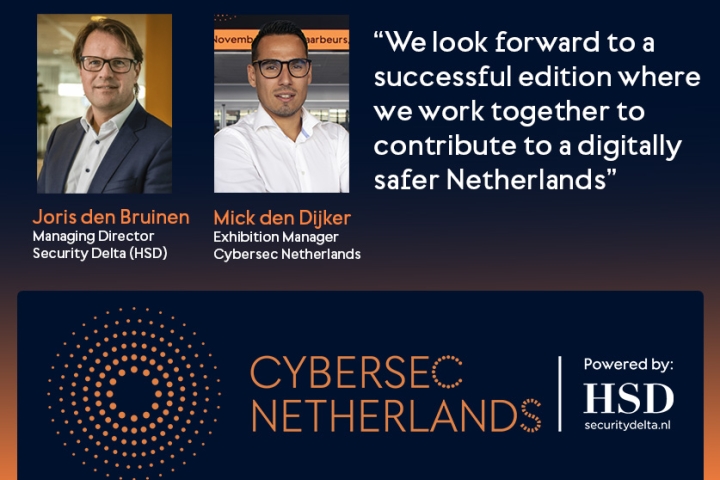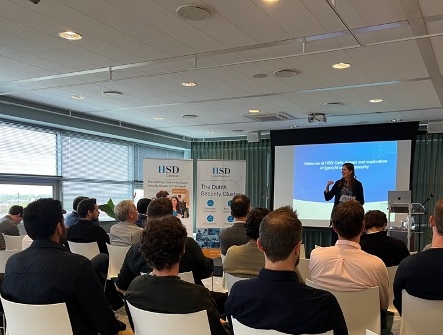HSD Research: Utilization of Transactional Environment for Safety & Security within Multinationals
Nowadays, multinationals account for approximately 30% of the Gross domestic product (BBP) and 21% of Dutch employment (CBS, 2018). Apart from creating dynamic reciprocity, the exposure of threats can have major economic and social consequences. Due to a wide range of complex Safety & Security issues, multinationals are always limited in their resources (i.e. expertise, facilities) to mitigate risks. This research was carried out amongst multinationals with a location in The Hague to determine their major Safety & Security issues and how these risks can be managed optimally in interaction with their transactional environment.
The transactional environment of multinational consists of various types of organisations, including internal stakeholders such as employees but also suppliers, regulators and city officials (these three are mentioned most often as dependencies). They work together during business operations when it is business as usual, but also during a (potential) threat. For example, in the event of a cyber threat, a multinational may work with a cybersecurity threat intelligence supplier, the National Cyber Security Centre and local employees to limit damage or vulnerabilities.
The most mentioned Safety & Security problems for multinationals in The Hague are cybercrime, reputational damage and lack of innovation (adhering to customer needs). See the ranking in the table below.
|
Main Safety & Security issues for in The Hague based multinationals |
|
|
1 |
Cybercrime |
|
2 |
Reputational damage |
|
3 |
Lack of innovation |
|
4 |
Interruption of business operations |
|
5 |
Distribution or logistic failure |
|
6 |
Failure to attract or retain talent |
|
7 |
Economic slowdown |
|
8 |
Unethical behaviour |
|
9 |
Geopolitical tensions |
|
10 |
Occupational accident |
A majority of the multinationals (80%) recognize cybercrime as a theme where more cooperation is needed between themselves and their transactional environment. In 43% of all (disruptive) threats, multinationals are most dependent on Small and Medium Enterprises (SME’s) who are most often used for their technical knowledge and experience to implement targeted interventions.
Multinationals claim the need for cooperation around Safety & Security issues as being driven by interdependence between organisations, nervousness about the unknown and uncertainty regarding new technologies. Especially the urge to innovate, and the introduction of new technologies are more likely to be seen as a threat to business continuity, then as an opportunity.
In more than 66% of all Safety & Security issues, the environment is experienced as (very) useful by multinationals. Interaction with the transactional environment is perceived most useful to 1) limit reputational damage, damage to systems or employees, 2) obtain a more secure ecosystem, 3) innovate, and 4) gather information.
For effective utilization of the transactional environment, the Safety & Security issues, interdependencies and goals must be defined collectively. This promotes the sharing of information, the clustering of (new) knowledge and the accumulation of resources. This will also lead to a reduction of reputational damage and enhance trust amongst stakeholders (e.g. shareholders, customers).
This research has been conducted by Cem Ahmed for his bachelor thesis Safety & Security Management at The Hague University of Applied Sciences and commissioned by HSD Office and the City of The Hague.





